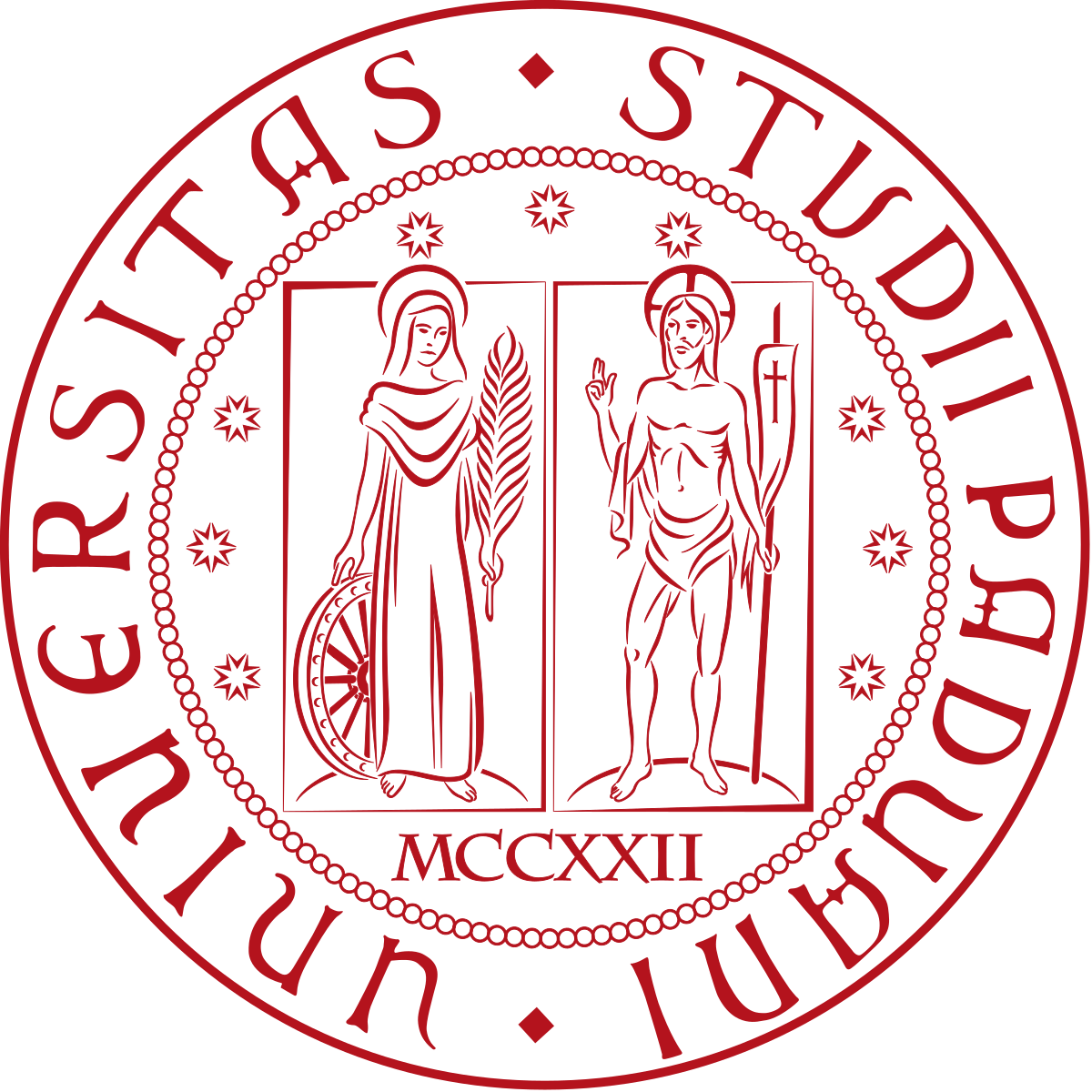The University of Padua was established in 1222. Defending freedom of thought in study and teaching became a distinctive feature which today lives on in the University motto: Universa Universis Patavina Libertas.
In the 16th and 17th centuries, Padua became a workshop of ideas and the home to figures who changed the cultural and scientific history of humanity. They included Andrea Vesalio, who founded modern anatomy, as well as the astronomer Copernicus, and Galileo, who observed the skies here.
Padua also vaunts the world’s first university botanical garden and a permanent anatomical theatre, which was built by Girolamo Fabrici d’Acquapendente. William Harvey, who became famous for describing the circulation of the blood, studied in Padua, and in 1678 Elena Lucrezia Cornaro Piscopia became the first woman in the world to be awarded a university degree.
